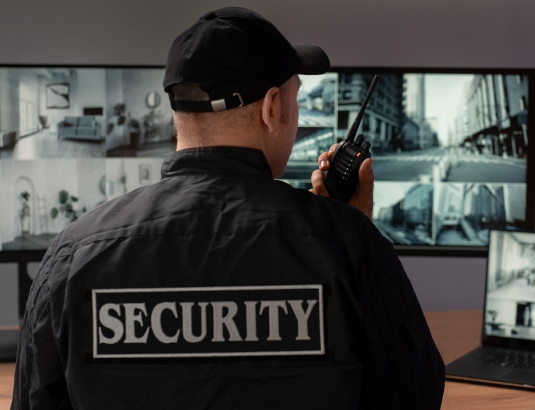Do Police Body Cameras Record All the Time? Understanding Law Enforcement Recording Policies

Police body cameras serve as reliable witnesses during patrols, traffic stops, and emergency calls. These devices form a cornerstone of modern law enforcement operations, recording according to specific protocols rather than running continuously. Here’s what departments need to know about maximizing their camera programs.
How Police Body Cameras Function
Body-worn cameras operate under activation protocols shaped by department policies and state regulations. Law enforcement agencies typically require officers to activate their cameras during specific encounters, including traffic stops, emergency responses, investigative contacts, arrests, uses of force, witness interviews and crime scene documentation.
Departments monitor camera usage through compliance reporting and audit trails, helping supervisors maintain high standards while identifying areas for additional training and support.
Recording Duration and Storage Limits
Modern police body cameras feature pre-event recording that captures 30 seconds of footage before activation, with some models extending to 60 seconds. This capability preserves essential context leading up to incidents and supports complete documentation.
Full-shift recording strains department resources through increased data storage costs. Battery limitations also affect recording capacity, with most current-generation cameras providing 10-14 hours of continuous recording time. Departments typically resolve this through shift-change battery swaps or backup units.
Privacy and Legal Considerations
State legislation and departmental policies establish clear guidelines about when officers should and shouldn’t record. These regulations protect victim privacy, confidential informants, medical information, juvenile identities and legally privileged communications. Pre-event recording rarely ever records audio to protect officer’s privacy. Imagine an officer having a private phone conversation with a partner or spouse, only to have it be included in evidence in the public domain.
Officers balance transparency with privacy rights, particularly in sensitive locations like homes and medical facilities. Many jurisdictions require officers to inform citizens when recording begins, while some mandate obtaining consent in certain situations.
Technology Solutions
Your department’s body cameras need features that support efficient evidence collection while protecting officers and the public. One-touch activation allows rapid response to developing situations. Automated triggers can start recording based on vehicle emergency lights, weapon draws or other predefined events. There are economies of scale with vehicle-based activation when using the same vendor for both in-car video solutions and body-worn, since activation methods overlap.
Secure upload systems maintain video integrity while clear recording indicators inform both officers and the public when cameras are active. These technological safeguards help maintain accountability throughout the evidence collection process.
Pro-Vision Body Camera Solutions
Pro-Vision’s Bodycam 4 gives officers reliable, high-quality video evidence collection capabilities with emergency light activation capabilities. This advanced system integrates seamlessly with SecuraMax™, our secure evidence management platform, creating a complete solution for law enforcement agencies.
Contact our team today to learn how Pro-Vision can support your department’s body camera program.
Frequently Asked Questions
How long can police body cameras record?
Most police body cameras record 10–14 hours on a single charge at standard resolution settings. Departments manage longer shifts through spare batteries, backup units, or charging stations in patrol vehicles.
Can officers delete body camera footage?
No, officers cannot delete footage directly from body cameras. All recordings upload to secure evidence management systems with strict access controls and audit trails.
How long do departments keep body camera footage?
Retention periods vary by jurisdiction and event type. Routine interactions might be stored for 30-90 days, while footage involving serious incidents could be preserved for years or permanently.
Do body cameras record audio?
Yes, most police body cameras record both video and audio. Some jurisdictions require officers to announce when they’re recording to inform citizens of audio capture. Audio is generally not captured during the 30 second buffer.
Where do officers wear body cameras?
Officers typically wear cameras on their chest or shoulder area to capture the clearest possible view of interactions. Some departments allow flexibility in mounting locations based on officer preference and uniform configuration